Sustainability at the Centre: Fair Jobs
H&M group is all about creating fashion and design in a sustainable way. Here, in the first of a three-part series on our sustainability efforts, we look at what we do to support fair jobs for everyone in the textile industry.
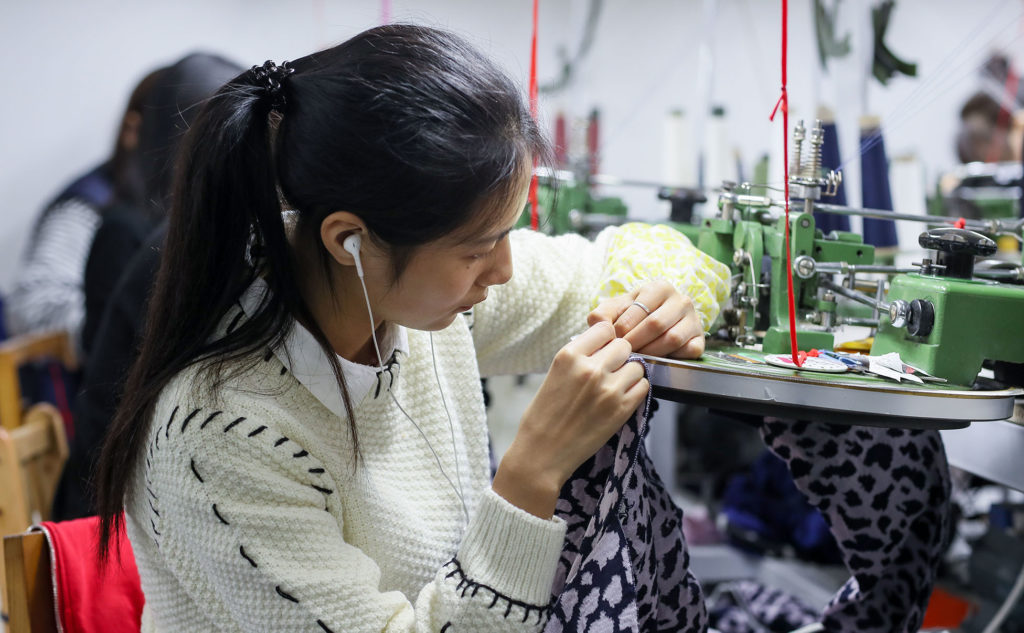
Good business is responsible business. Running our business in a responsible way is essential — both our customers and colleagues expect it. But it’s not all about healing the world— it also makes perfect economic sense, and is the best way to secure the company’s growth, relevance and success.
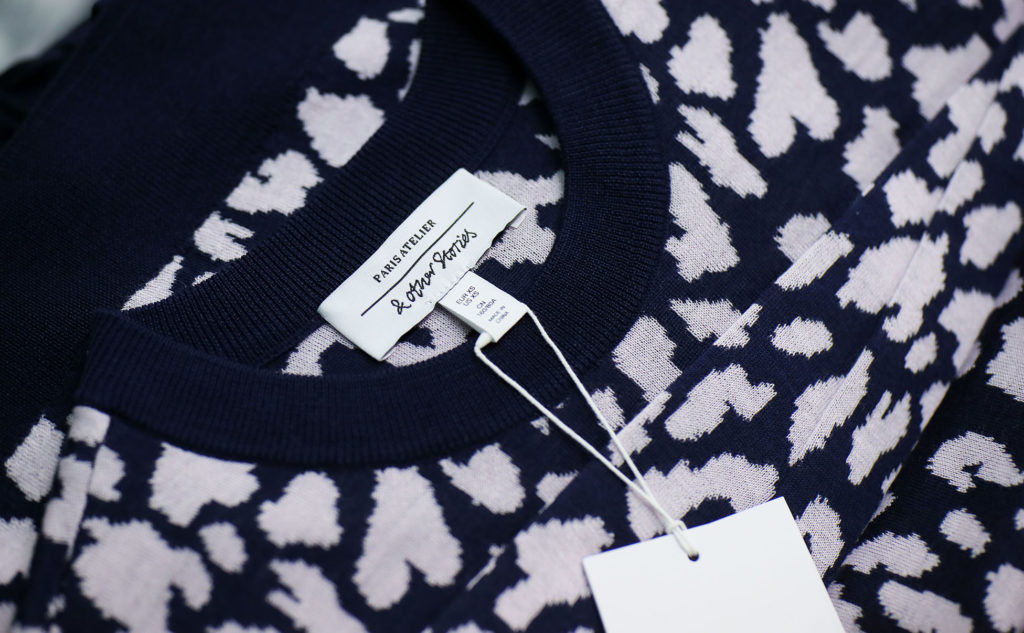
Fair jobs bear fruit
In many of the countries in which our suppliers are located, poor implementation of legislation means that fair jobs are not available to all. This creates a challenge for the whole industry — and in this case, collaboration and dialogue are key. To create better and fairer jobs, we need well-functioning industrial relations in place, making sure that workers are given a voice and working for legal and institutional frameworks. And with a fair job, we’re basically saying:
· Fair compensation
· A safe and healthy workplace
· An environment free from discrimination
· Respect for every worker’s voice
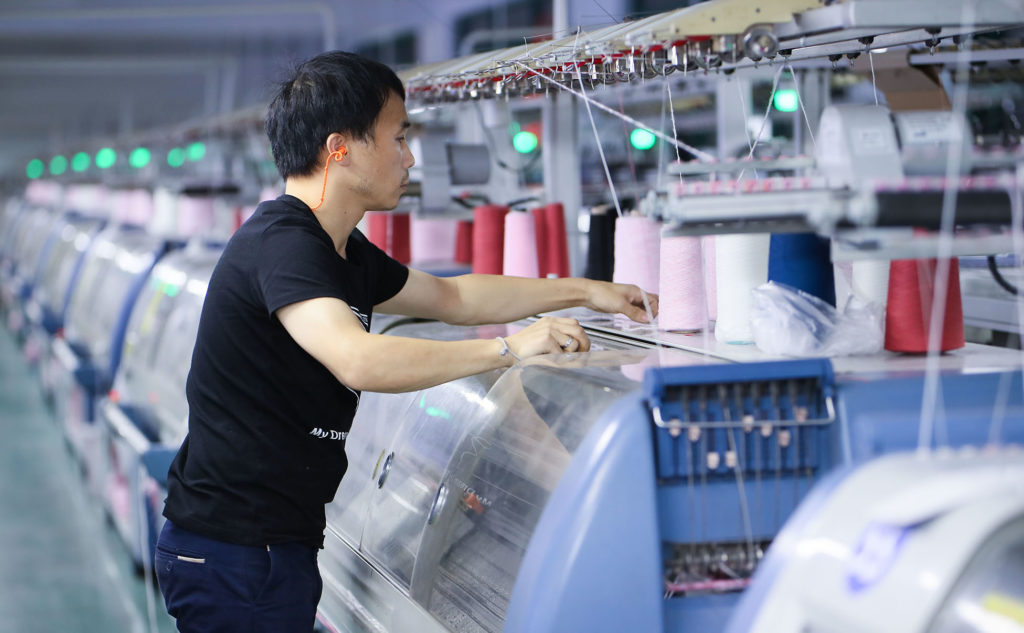
Let’s talk
So, how do we make this happen? Let’s start with our Workplace Dialogue Programmes. This enables us to work directly with workers and management to raise awareness of their respective rights and obligations — this also affects other brands in a positive way, often producing in the same factories.
We promote both collective bargaining, which means the negotiation of wages and other conditions of employment by an organised body of workers, and freedom of association as both an individual and collective right. As we see it, giving workers a voice supports their access to a whole range of human rights of which we place particular emphasis on health and safety, gender equality, and a fair living wage.
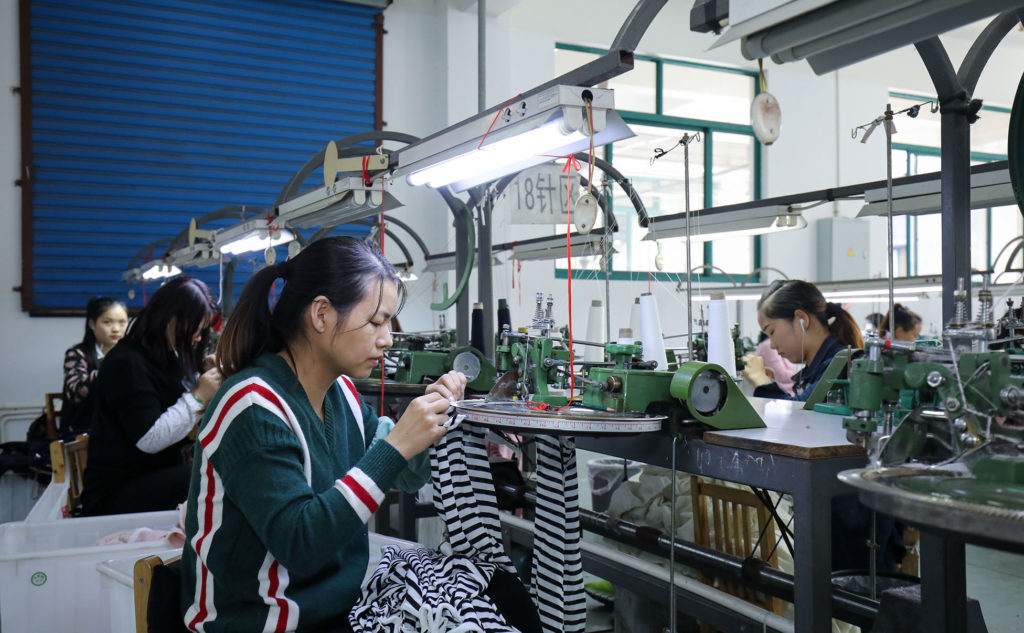
Improving Wages
We’ve been improving wage practices factory by factory but also partnering with other brands and trade unions to bring about change across the industry. As said earlier, collaboration is essential — after all, we all do inhibit the same planet. The strategy is:
· Engage in dialogue with local governments to develop the legal framework needed for improved industrial relations
· Collaborate with other brands, trade unions and organisations.
· Engage with factory owners to: promote the importance of workplace dialogue; and help them implement a good wage management system
· Ensure that we maintain good purchasing practices by acting as a long-term, stable business partner, in turn helping factory owners to pay fair living wages
· Training workers and management, raising awareness of their rights and responsibilities and facilitating the democratic election of worker representatives through trade unions or worker committees
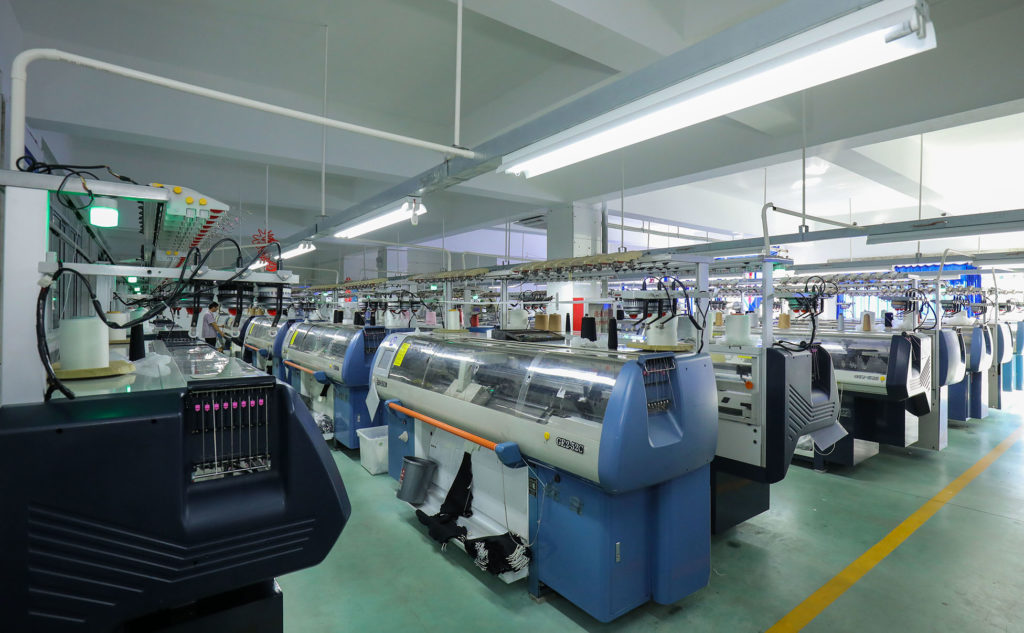
A Look to the Future
Systemic change takes time; it is a complex task that involves multiple players. Looking ahead, we’ll make every effort to maintain the stability of the countries we produce in to ensure the provision of good, fair opportunities for workers. We owe it to ourselves, we owe it to all the workers and we owe it to the world. Let’s do this!
For more facts and figures — head over to our sustainability site.